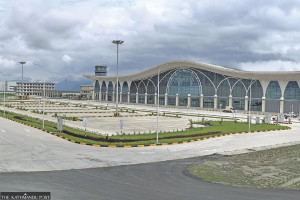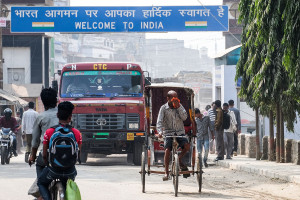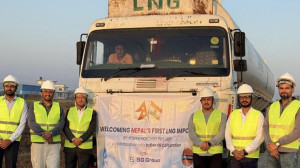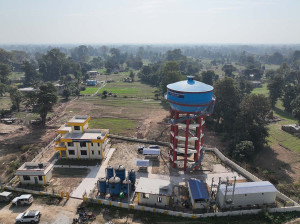Money
FNCCI urges NRB to scrap consortium financing policy
The Federation of Nepalese Chambers of Commerce and Industry (FNCCI) on Friday asked Nepal Rastra Bank (NRB) to scrap the policy requiring banks to go for consortium financing for loans amounting to more than Rs1 billion.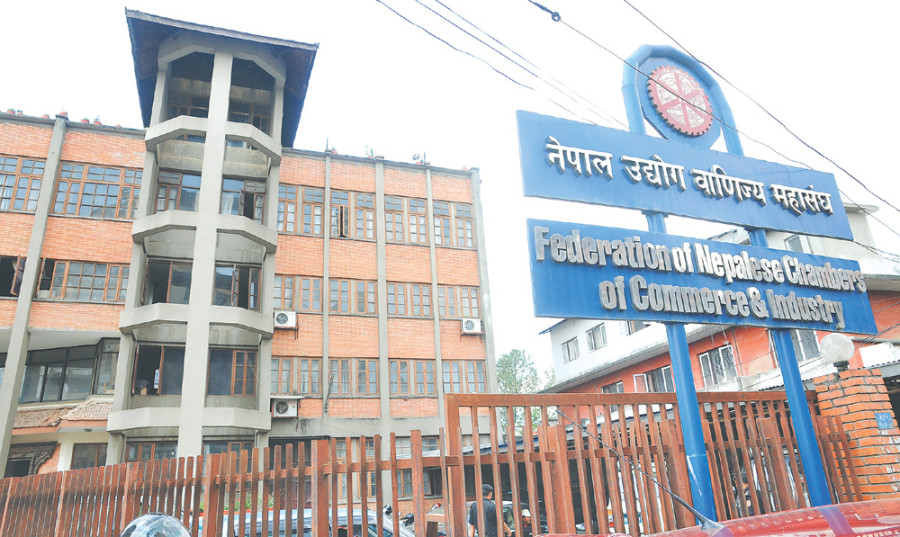
The Federation of Nepalese Chambers of Commerce and Industry (FNCCI) on Friday asked Nepal Rastra Bank (NRB) to scrap the policy requiring banks to go for consortium financing for loans amounting to more than Rs1 billion.
The FNCCI has argued that such a provision will lead to delays in releasing credit to large projects. The central bank said it had formulated the policy in a bid to prevent overexposure to a single borrower.
NRB had raised the limit to Rs1 billion through the new monetary policy from Rs500 million in response to private sector demand.
“Although the monetary policy has raised the ceiling, the mandatory provision to go for consortium financing will affect funding for big projects,” said Shankar Pandey, chairman of the FNCCI’s Bank, Finance and Insurance Committee.
The private sector has also urged the central bank to review the current provision of allowing importers to pay for all their imports in foreign currency other than Indian currency.
Presently, importers can make payment in US dollars for only industrial raw materials. They have to pay in Indian rupees to import other items from India.
Pandey said they had been forced to buy Indian currency by exhausting their dollar reserves to pay for their imports from India. “It has increased the cost of transactions besides causing procedural hassles,” he said.
Traders also demanded that the government allow them to open letters of credit in Chinese yuan. “In the context of growing trade with China, it could simplify trading with the northern neighbour,” they said. The private sector has lauded NRB’s move to implement the provision of special refinancing packages for potential tourist areas. Similarly, they have praised the move to facilitate refinancing in districts with a high incidence of poverty.
The monetary policy has stated that soft loans will be provided in five Tarai districts including Bara, Parsa and Rautahat and some districts in the Far Western Region with a large number of poor people.
NRB Deputy Governor Chintamani Siwakoti said the central bank had given priority to implementing the monetary policy. He said they had implemented the monetary policy to achieve government targets for economic growth and inflation.




 8.12°C Kathmandu
8.12°C Kathmandu





